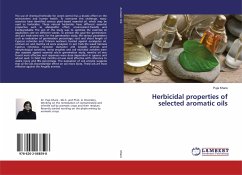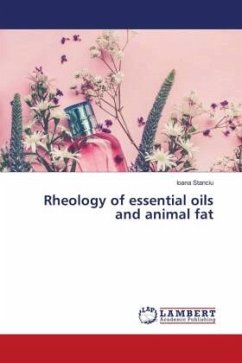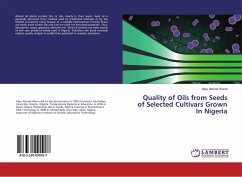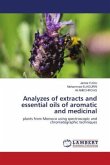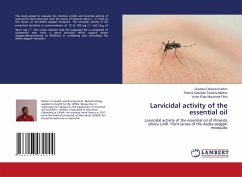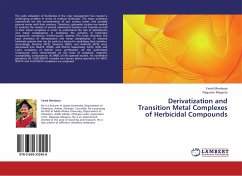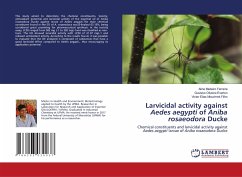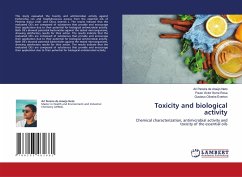The use of chemical herbicide for weed control has a drastic effect on the environment and human health. To overcome this challenge, many scientists have identified various plant-based essential oil, which may be used as herbicides. These natural herbicides have different essential properties such as allelopathic effect, environment-friendly and biodegradable. The aim of the study was to optimize the essential oil application rate on different weeds. To achieve this goal the germination and pot trials were sets. For the germination study, the various parameters such as evaluation of germination percentage; root and shoot length of Cyperus rotondus and Triticum aestivum treated against eucalyptus oil, ocimum oil, and mentha oil were analyzed. In pot trials the weed biomass Cyperus rotondus, Cynodon dactyalon and Angallis arvensis and morphological variations, stress enzymes and soil microbial activities were also assessed against essential oils.In germination study, mentha oil wasfound most effective and responses were dose dependent in cyperus and wheat seed. In field trial, mentha oil was most effective with reference to visible injury and REL percentage. The evaluation of soil enzyme suggests that all the oils showedsimilar effect on soil micro biota. These oils are most effective against the Angallis arvensis.
Bitte wählen Sie Ihr Anliegen aus.
Rechnungen
Retourenschein anfordern
Bestellstatus
Storno

